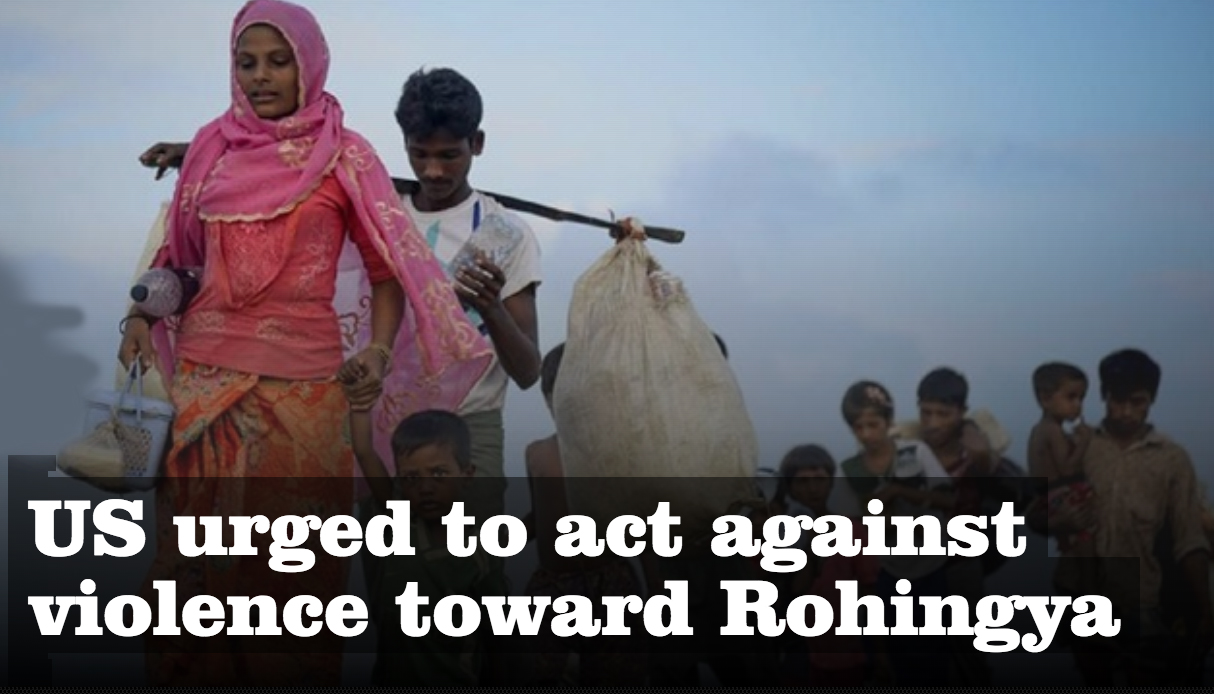ENGLISH
US urged to act against violence toward Rohingya
US congress needs to talk about Myanmar’s atrocities against minority Muslim community in Rakhine state, says expert
Americans should pressure the U.S. government to act against the ongoing violence toward Rohingya Muslims in Myanmar’s Rakhine state, an expert said.
Speaking at an event held at George Mason University in Virginia on Friday, Robert Marro, who runs a U.S.-based non-governmental Burma (Myanmar) Task Force, said everyone has to be informed about the injustices in Rakhine State in order to stop “genocide”.
Since Aug. 25, an estimated 620,000 Rohingya have crossed from Myanmar's western state of Rakhine into Bangladesh, according to the UN.
The refugees are fleeing a military operation in which security forces and Buddhist mobs have killed men, women and children, looted homes and torched Rohingya villages. According to Bangladeshi Foreign Minister Abul Hasan Mahmood Ali, around 3,000 Rohingya have been killed in the crackdown.
"People have started to realize the atrocities being committed against the Rohingya Muslims in Myanmar thanks to the attention brought on by the media," Marro stated, recalling that most of the Americans did not even know where Myanmar was several years ago.
"But, besides the media, we also need to take action more than marching in front of Myanmar Embassy in Washington," Marro told the audience.
He said that the U.S. Congress needs to talk about the issue, urging the administration to act against the violence.
Naeem Baig, a moderator for Religions For Peace USA, highlighted that the Rohingya people living in refugee camps are in serious need of help.
At least 1,000 Rohingya Muslims camp ashore hoping to flee to Bangladesh
Around 1,000 Rohingya are waiting on Rakhine's beach on the Bay of Bengal, hoping to flee to Bangladesh in a boat. “We don't plan to go back [to the villages]. We had only one plan while we left, that is, not to go back," says Sauli Mullahe, a 30-year old Rohingya Muslim. Since Aug. 25. at least 600,000 Rohingya have fled to Bangladesh to escape Myanmar's persecution. They've been killed, raped, tortured, and their homes have been set ablaze by the Myanmar army in what the UN has called an “ethnic cleansing."
'Evil acts'
He said everyone to contribute in any way to provide relief to the refugees.
In addition, Anadolu Agency’s Washington correspondent Safvan Allahverdi, who recently visited the refugee camps in Bangladesh, also spoke and shared his experience at the event.
Allahverdi said he was “appalled” with what he witnessed during his visit to the region last month.
Describing the atrocities “beyond persecution”, Allahverdi said: "I cannot comprehend how a human can commit such evil acts."
“This is surely an ongoing genocide and I am afraid that until the authorities agree on the same page, the entire Rohingya Muslims in the Rakhine state will have the same future like what happened in Rwanda or Bosnia in the past,” he said, quoting the UN's definition of genocide.
The Rohingya, described by the UN as the world's most persecuted people, have faced heightened fears of attack since dozens were killed in communal violence in 2012.
Last October, following attacks on border posts in Rakhine's Maungdaw district, security forces launched a five-month crackdown in which, according to Rohingya groups, around 400 people were killed.
The UN documented mass gang rapes, killings -- including of infants and young children -- brutal beatings, and disappearances committed by security personnel. In a report, UN investigators said such violations may have constituted crimes against humanity.
Yeni Şafak
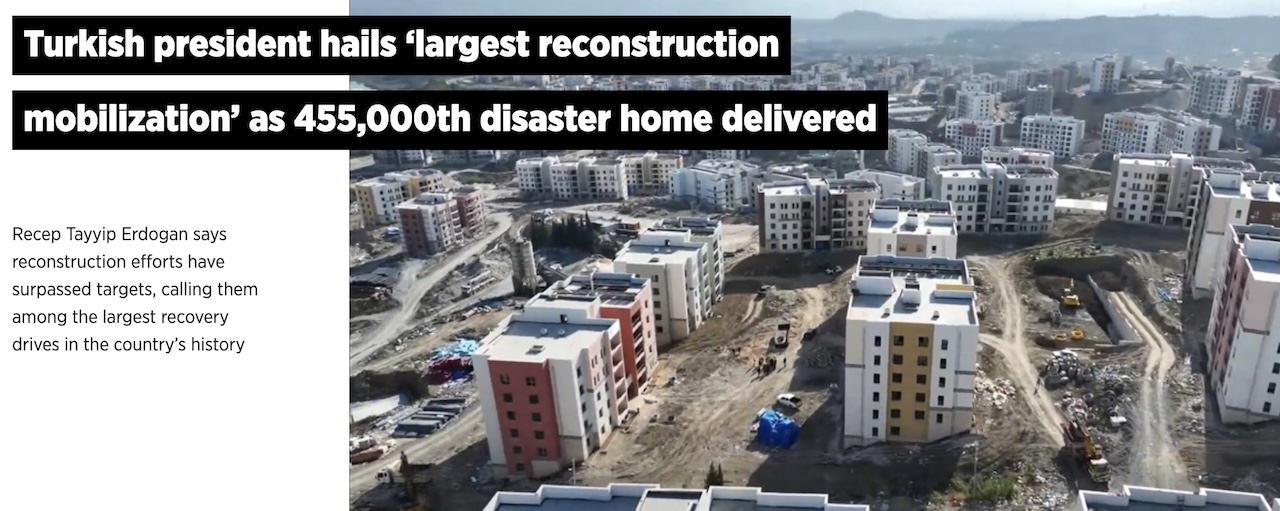
Türkiye delivered the 455,000th disaster housing unit to earthquake survivors
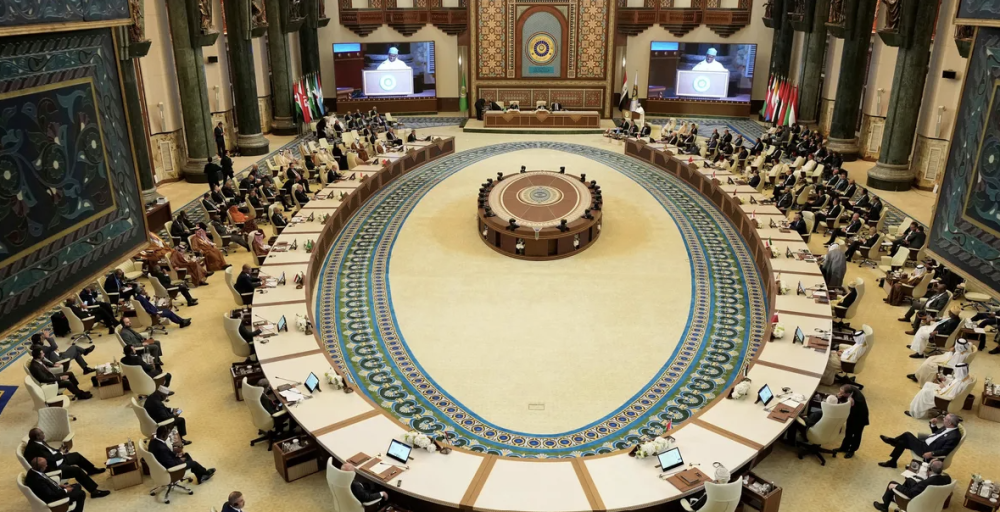
31 Arab, Muslim countries condemn Netanyahu's 'Greater Israel' goals

“Love in Scutari” Continues to Attract International Literary Attention
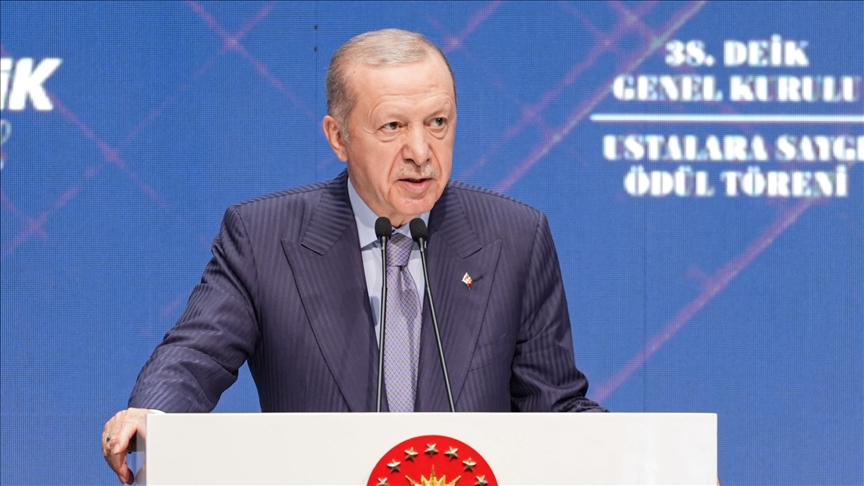
Geopolitical risks that began with Gaza genocide escalated by Israel’s regional attacks: Turkish president
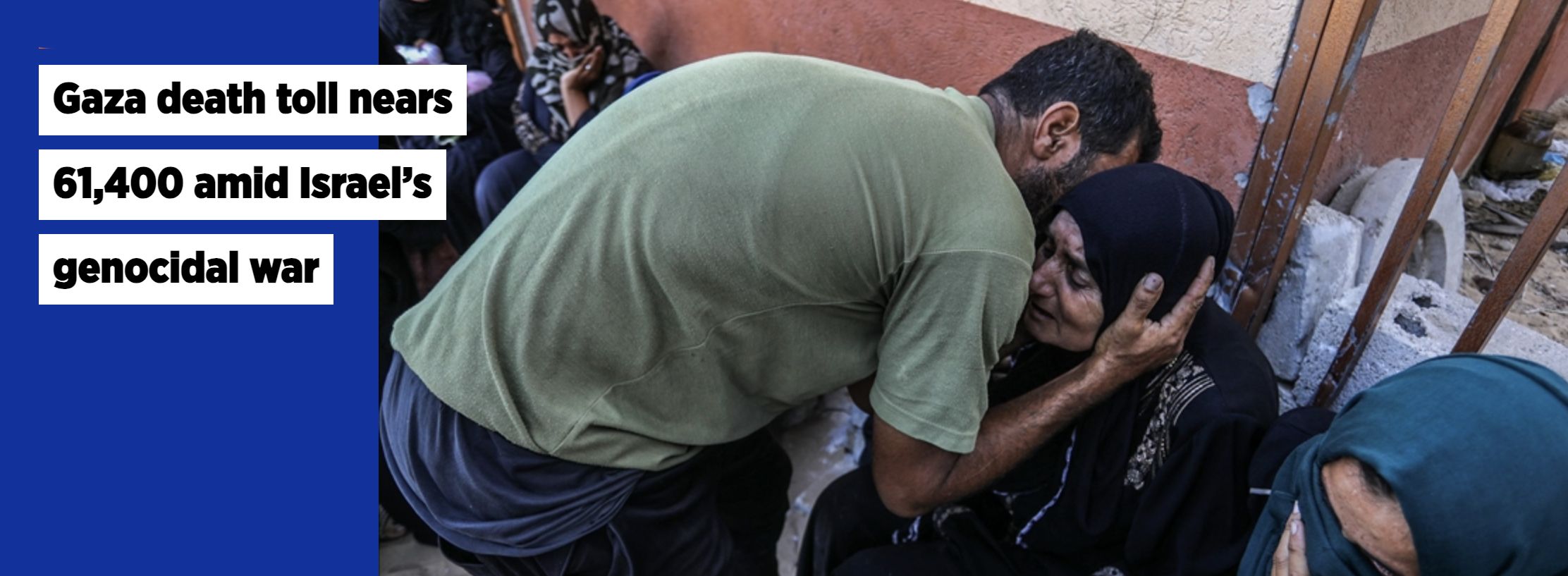
Gaza death toll nears 61,400 amid Israel’s genocidal war
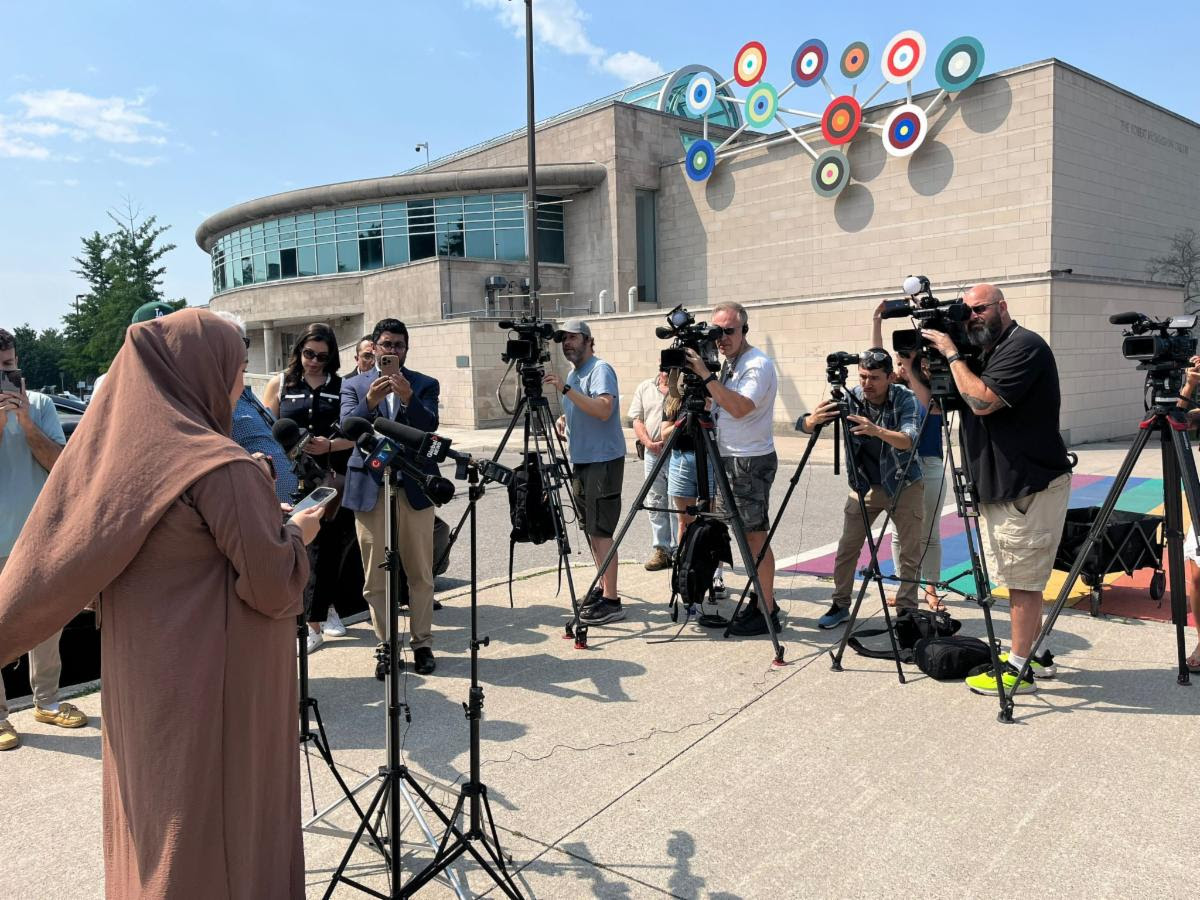
A Rise of Islamophobia in Canada

Turkish Technology Professionals from Around the World Meet on the TurkTechDiaspora Platform

Gaza death toll nears 53,300 as Israel continues its genocidal war
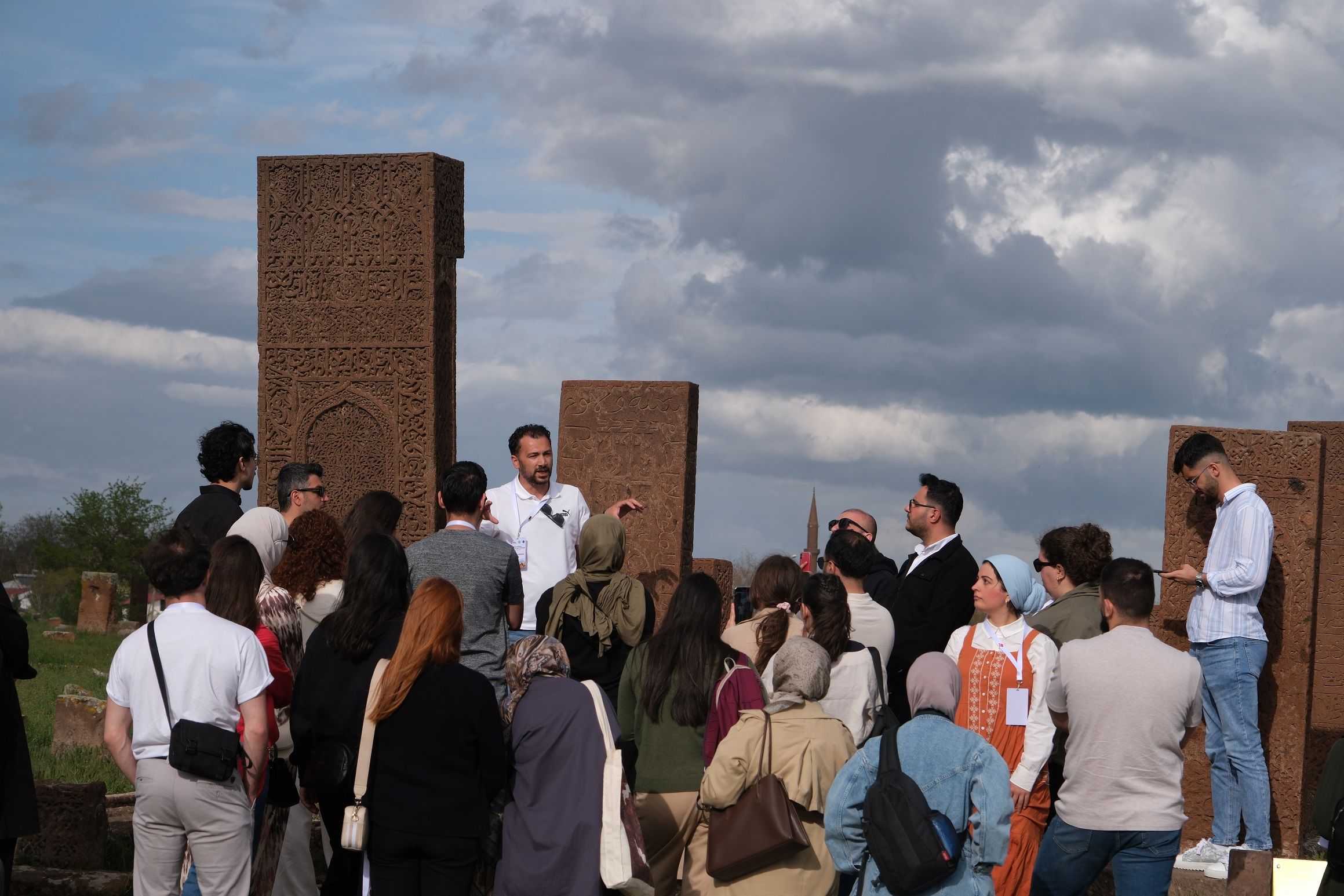
YTB sheds light on the Armenian issue in the shadow of historical sites

Police warn of 'distraction thefts' targeting Muslim community
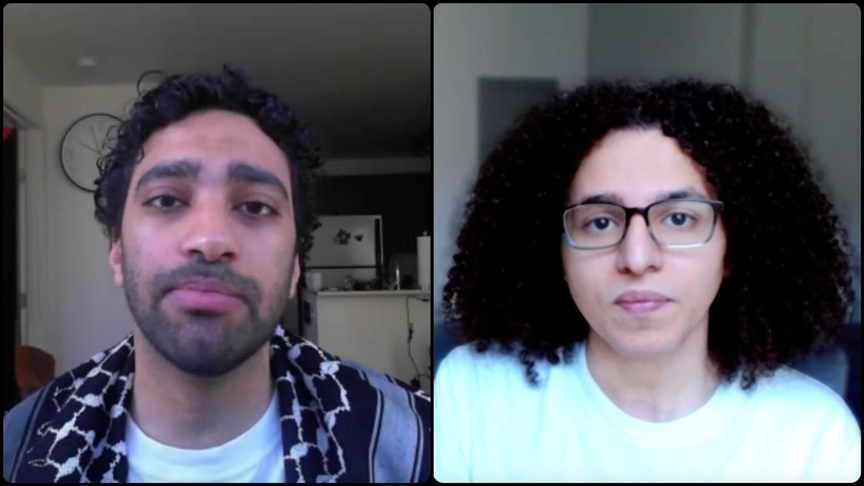
Fired Microsoft employees accuse company of enabling Israel’s attacks on Gaza
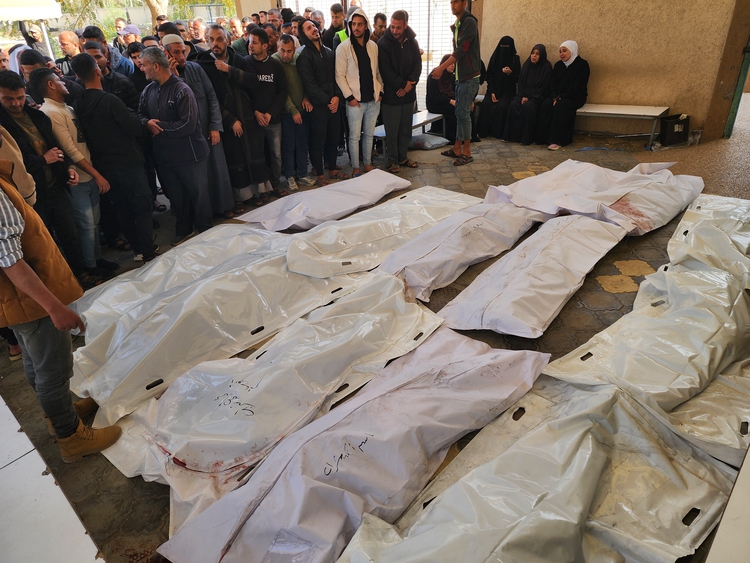
Gaza death toll tops 51,100 as Israeli army kills 92 more Palestinians
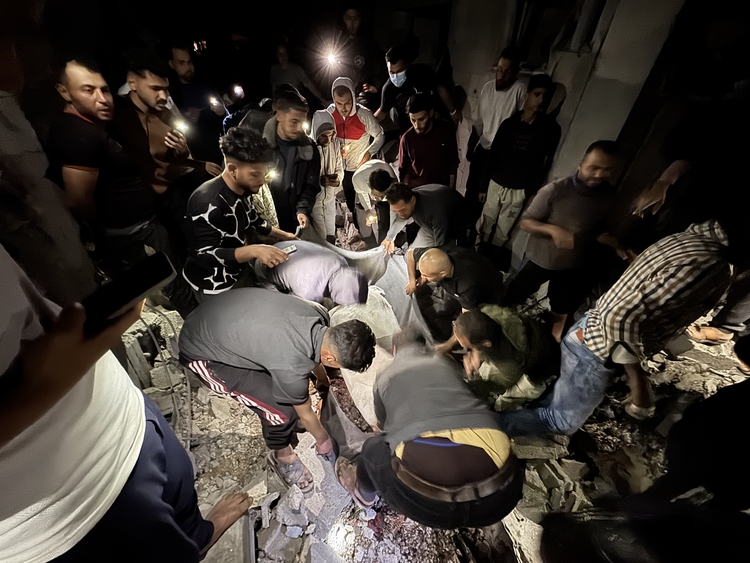
Gaza death toll passes 50,500 mark amid ceaseless Israeli attacks
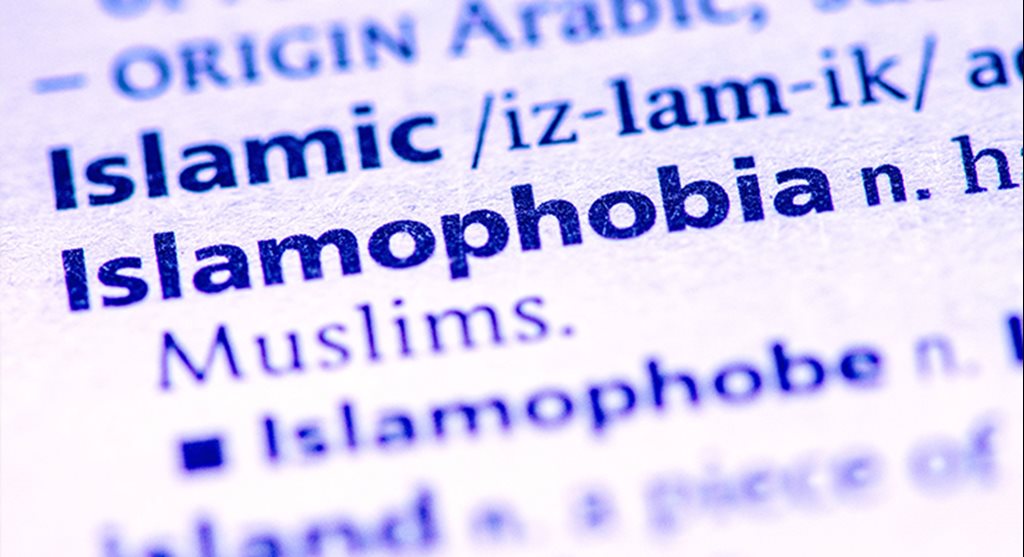
Islamophobia and anti-Palestinian racism in Canada higher than after 9/11, warns expert


